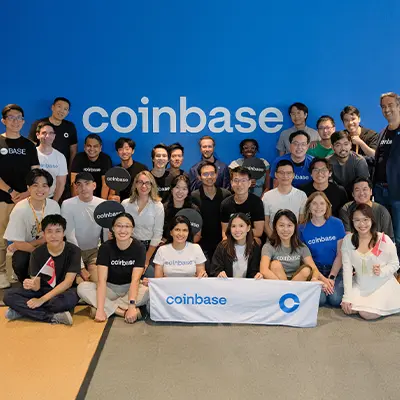Q: What makes Singapore stand out as an attractive destination for global businesses?
GR: Three factors stand out to me – trade, the regulatory environment and education. In my mind, Singapore stands for free and open markets, which is so important when you’re building a business. The success Singapore has had proves this.
The second thing of importance is regulatory environments – not just about having one, but one that is predictable, regular and transparent. I can’t tell you how important that is to a business.
Finally, Singapore is a country with a commitment to lifelong education. It understands that the skills people need change over time. That makes it a great place to get great talent for your firm.
Q: How can tech companies benefit from the access that Singapore offers to regional opportunities?
GR: Southeast Asia is going to be a dynamic powerhouse of growth over the next decade. Singapore has a lot of multinational companies that have grown up here in Singapore, and they are a wonderful set of partners for companies who come here in hopes of growing into the rest of Southeast Asia.









